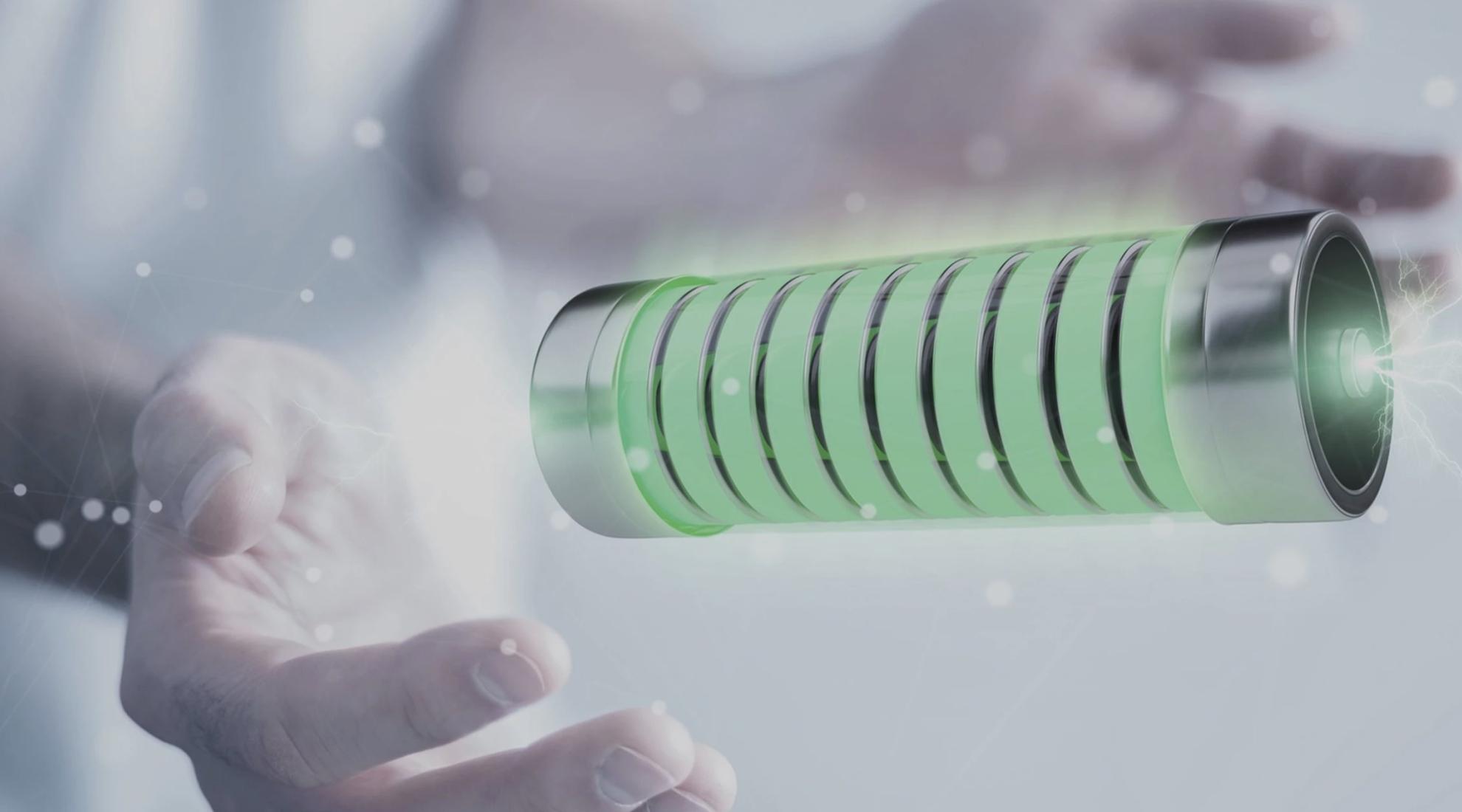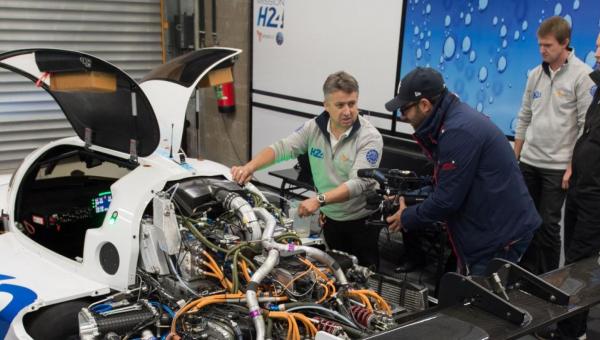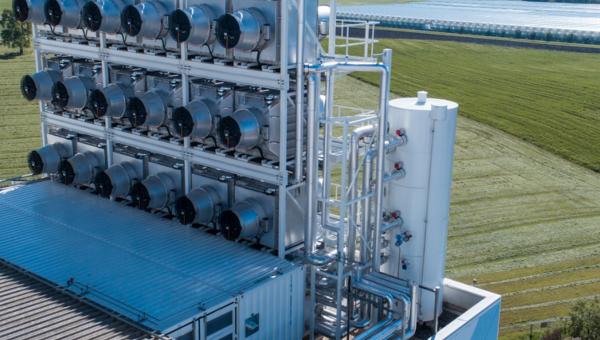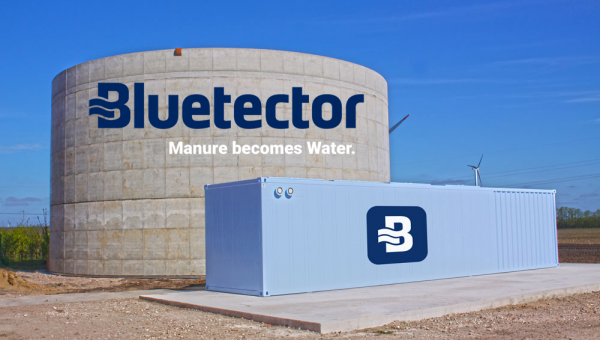Powering devices that no longer need a battery change

Swistor, an EPFL spin-off, is developing a novel energy storage solution that redefines how we store and use energy.
With the rise of portable electronic gadgets, IoT monitors, electric cars and more and more battery-powered devices, it is becoming obvious that today's lithium-ion batteries face a number of limitations: low power, slow charging, limited lifetime, with additional negative social and environmental impacts due to their need for lithium and cobalt.
Swistor, an EPFL spin-off hosted in LIMNO, is developing a novel energy storage solution that redefines how we store and use energy. They propose combining novel supercapacitor devices with conventional batteries in order to enhance their performance and lifetime, or use supercapacitors to enable an efficient use of energy harvesters for continuous use of devices for their entire lifetime, in order to achieve a more performant and more importantly a sustainable way of powering our devices.
Up to 10 times faster charging times
In contrast to batteries and most hybrid supercapacitors, the technology developed by Swistor is environmentally friendly, exhibits a high power 10 times more than conventional batteries, extended service life and a wide range of operating temperatures without security problems. In addition to the technical performances that go beyond the state of the art, the proposed technology can be scaled up using industrial manufacturing techniques so that both requirements of IoT nodes and handheld devices can be addresses, with demonstrated commercial value and significant economic impact.
Electrification calls for new energy storage solutions
According to the International Electrotechnical Commission, electricity consumption worldwide has been on a constant rise over the last 50 years, with an estimated usage of about 25,300 terawatt-hours in 2021. During the period between 1980 and 2021, electricity consumption increased more than threefold. During the same period, battery energy density has only tripled, as batteries have reached fundamental limitations, creating an urgent need for improved solutions and at the same time a huge opportunity for innovation impact.
The growing trend towards electrifying various modes of transportation, including automobiles, railways, trams, trucks, and buses, has placed greater demands on energy storage systems. Simultaneously, the rise of renewable energy sources has introduced increased variability in the power grid, needing quick energy balancing solutionsand monitoring IoT devices and sensors, which rely on minimal downtime and swift charging, along with the expansion of data centers with critical power demands, has further accentuated the demand for ultracapacitors. All these factors drive the need for improved supercapacitor technologies.
New supercapacitors for power sources
While the technology will eventually apply more broadly, Swistor is initially targeting the portable electronic device market and IoT self powered sensor nodes by combining a high power energy storage with with a harvester technology like solar or piezoelectric, they will enable autonomous devices that can last 50 times longer than a battery, without requiring maintenance.
Currently, Swistor is working towards product industrialisation and having a competitive product on the energy storage market. They won the well-known Swisscom Startup Challenge 2023 and will be participating as part of the Swiss National Startup Team at the upcoming Mobile World Congress in Barcelona in 2024.




